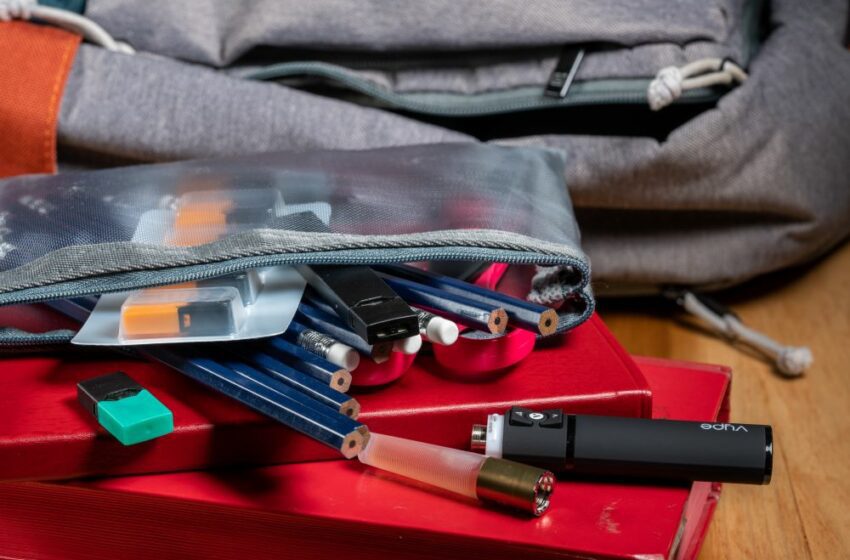Students caught vaping risk exclusion from extra-curricular activities.Read More
Tags :youth
Over a year ago, the Cyprus Addiction Prevention Authority wrote to the Legal Service requesting an opinion on the nicotine-free tobacco products but did not receive a reply. Read More

